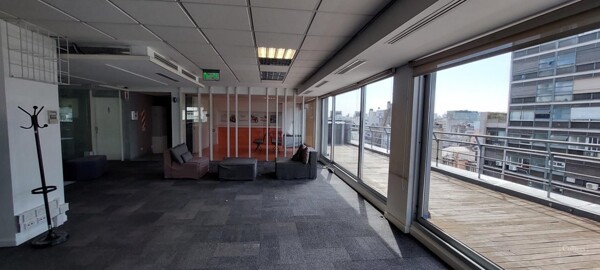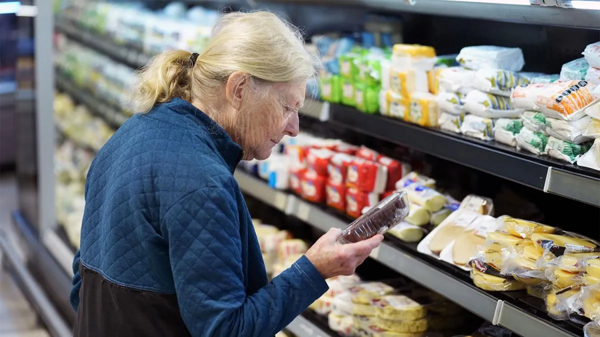
In January, inflation in the City of Buenos Aires recorded an increase of 3.1%, showing a slight decrease compared to the 3.3% in December. This data reflects pressure on the cost of living at the national level, whose figures INDEC will reveal on February 13, and it is expected to be around 2% according to government estimates. In the last twelve months, annual inflation in the City reached 100.6%, which implies a reduction of 36.7 percentage points compared to the previous year.
Regarding the categories that increased the most in the City, they include Restaurants and hotels, as well as Housing (which includes water, electricity, gas, and fuels). Food establishments and hotels experienced a rise of 6%, contributing 0.67 points to the monthly variation of the Buenos Aires index, driven by increases in tourist accommodation service rates. Additionally, there was an increase in prices for prepared foods in restaurants.
The Housing sector, which encompasses water, electricity, gas, and other fuels, increased by 3.1%, contributing 0.60 points to the index variation mainly due to updates in rent prices and other associated services. Transportation raised its costs by 3.9%, with an impact of 0.42 points, highlighting increases in air ticket prices.
As for Recreation and culture, a 7.7% increase was recorded, adding 0.40 points to monthly inflation, mainly due to increases in travel package prices. On the other hand, Food and non-alcoholic beverages averaged an increase of 1.9%, with an impact of 0.35 points on the overall index. Within this category, the largest increases were seen in Meat and derivatives (2.9%), Fruits (5.7%), Milk, dairy products, and eggs (1.3%), and Bread and cereals (0.9%).














